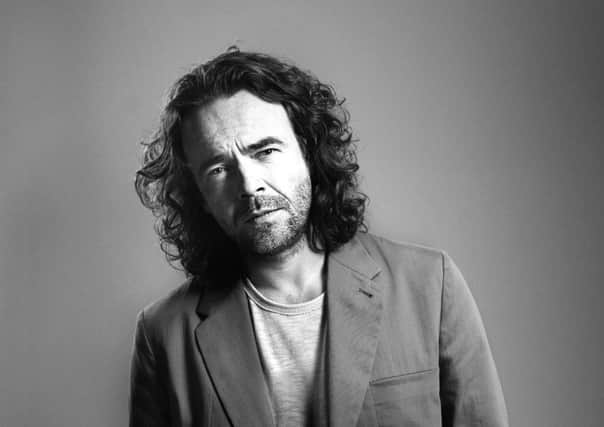Alexander McCall Smith: What the Who's Who of Scotland really tells us


Who’s Who in Scotland 2018 has just been published – at a price of £75 (a snip). It is not a book that will get a large number of reviews, I suspect, as many reviewers might find it difficult to find anything to say about it. What are they to write? “This book is short on plot but very strong on characters – there are 5,000 of them ...” Or, perhaps, “the alphabetical structure of Who’s Who in Scotland has much to recommend it ...”
This book, however, makes excellent reading and shows us just what a fascinating and peculiar country we live in. Take people’s private pursuits, for example: at the end of each entry there is a heading “recreations” and it is here that people disclose, usually in two or three words, what they get up to when they aren’t doing all the distinguished things mentioned in the main body of their entry. A trawl through the pages of Who’s Who in Scotland reveals that travel and walking are probably the most popular activities. Entrants do not disclose, though, where they are travelling to, nor indeed where they are walking and why. But distinguished Scots are certainly travelling and walking in great numbers.
Advertisement
Hide AdMany of them state that their recreation is running. This is almost as popular as walking. Some of them may be running away from something, but this is not mentioned, which is probably just as well. One entrant, a politician, lists his recreations as rugby, family, and whisky (in that order). Jamie Byng, publisher of Canongate, reports his recreations as tennis, cooking, deejaying, reading, and drinking. Another, a minister of the Kirk, includes amongst his recreations wining and dining and visiting Vienna and York. Vienna and York would be tame destinations, though, for an earlier entry which records, amongst others, the following expeditions: East Greenland (1966) Elephant Island, Antarctica, 1970-71, and Everest in 1976.
Recreations aside, it is encouraging to see that there are very large numbers of accomplished people in Scotland – undoubtedly rather more than one might expect in a country of Scotland’s size. If one is of the ‘wha’s like us’ school, one will find plenty of proof here of one’s thesis. After all, here we find Brown, Rt Hon (James) Gordon, Prime Minister; Darling of Roulanish, Baron (Alistair Maclean Darling), Chancellor of the Exchequer; and Higgs, Professor Peter Ware (recreations, music, walking and swimming) who started off with the Hughes Medal of the Royal Society in 1981 and ended up with the Nobel Prize in 2013. All three of these are people of immense achievement, but their entries are characteristically modest, which is encouraging. Scotland has never been noted for a fondness for bragging, and this is reflected in Who’s Who in Scotland. There is room for everybody in this volume, even those whose role in life is to be a local councillor or the deputy-head of a primary school. And why not? Civic life depends on people who undertake these roles. They may not be the most glamorous callings, but they are at the heart of our society and should be applauded, cherished, and duly recorded in books like this. Such people are worth any number of celebrities.
The gentry and above are here, all right, although they are, by and large, discreet – even diffident about their lineage. After all, Scottish nobles have been a somewhat rapacious lot throughout our history, and it is understandable that their descendants should limit themselves to only three or four lines in Who’s Who in Scotland. They often describe their occupation as farmer, but of course the real situation is given away by their recreations which are usually listed as hunting and fishing. The more tactful will write country sports, but we all know that does not include mah jong. Their addresses also reveal what’s what. They usually live in a House, or, quite often, a Castle. On the subject of addresses, the McEwens of Muck are not in this volume, which is a pity. The MacEwen family has the most wonderful address ever: McEwen, Muck, Scotland. And Andy Murray is not here either, which is odd, although everyone knows that his recreation is tennis.
